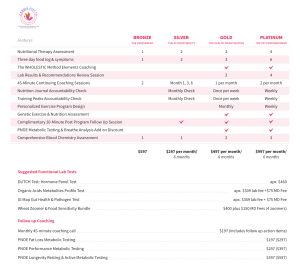What is it?
Got stress? Emotional, physical, spiritual, or chemical? If you’re a normal human being, you’ve probably experienced these or maybe still do.
During times of stress, the body releases additional levels of cortisol for the body to cope.
This could be problematic due to elevated inflammation and reduction of progesterone levels, leading to a cascade of hormonal imbalances.
How does it impact perimenopause?
In a big way.
The adrenals are even more precious during perimenopause because they partly take over estrogen production from the ovaries.
As we age, our ovaries slow down and reduce estrogen output. This is when the adrenal glands pick up. Well-functioning adrenals can make perimenopause an easier experience.
What are the symptoms?
Overstimulated adrenal health (high cortisol) has symptoms such as: |



